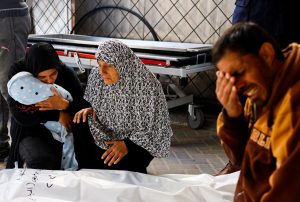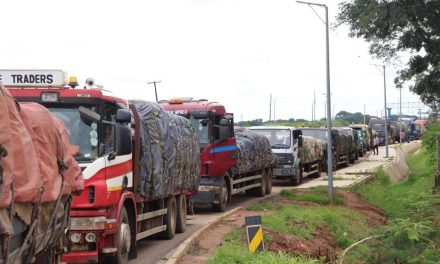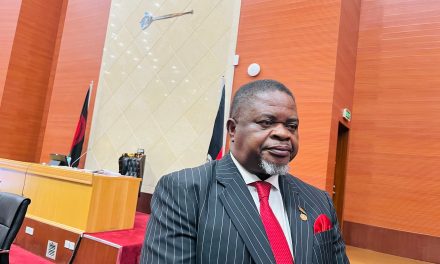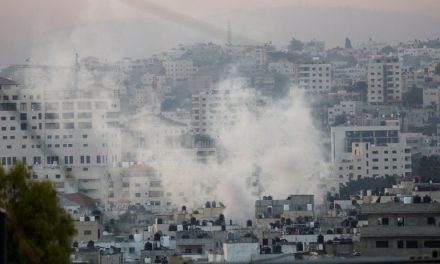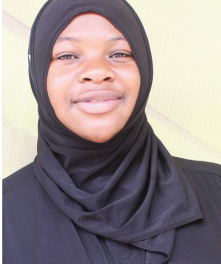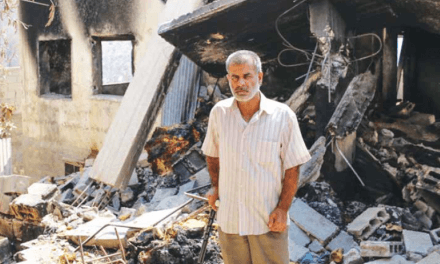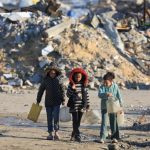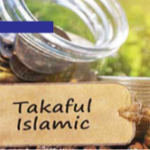
The Silent Struggle: Palestinian Women on the Frontlines of Conflict
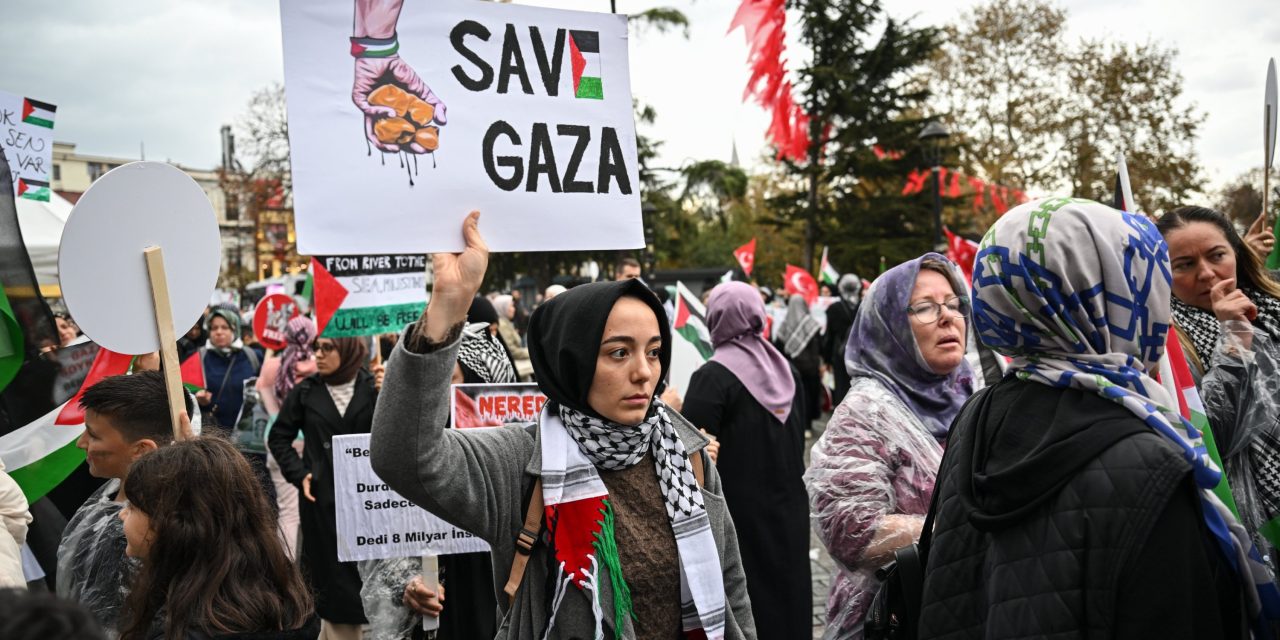
Prepared by Abdullah Nankumba
In the ongoing Israeli-Palestinian conflict, much of the focus has been on political leaders, military actions, and peace talks that never seem to bring lasting resolution. But amid the turmoil, there is a quieter, often overlooked story—one of resilience, determination, and the extraordinary efforts of Palestinian women who, against all odds, are fighting to keep their families and communities alive. These women, though rarely in the spotlight, are the backbone of their society, enduring immense hardships while working tirelessly to preserve their identity, culture, and hopes for a peaceful future.
Unsung Heroes in the Midst of Chaos
Palestinian women have always been integral to the fabric of their society, but their roles have become even more critical in the face of ongoing conflict. As the violence continues to escalate, with devastating effects on every aspect of life in Gaza and the West Bank, these women have taken on roles that extend far beyond traditional expectations. They are caregivers, educators, activists, and peacebuilders—often all at once.
For many Palestinian women, the daily struggle begins at home. With the men in their lives frequently detained, injured, or killed, they are left to shoulder the burdens of providing for their families. The siege and blockade of Gaza have led to extreme poverty, unemployment, and a lack of access to basic necessities. Despite these challenges, women have found ways to adapt and survive. They engage in small-scale, informal economies, such as home-based businesses and local cooperatives, to ensure their families have food and shelter. Their resilience in the face of adversity is nothing short of remarkable.
Yet, the narrative of Palestinian women’s resilience is not just about survival. It is also about resistance. Women have been at the forefront of non-violent protests and movements, advocating for their rights and the rights of their people. The “Women of the Wall” and similar initiatives have seen Palestinian women organizing peaceful demonstrations, even as they face the very real threat of violence from Israeli forces. These women are not only fighting for their own freedom but also for the future of their children and the preservation of their cultural and religious identity.
For those of us in Malawi, where we value the strength and unity of our communities, the story of these Palestinian women resonates deeply. In many ways, their resilience mirrors our own struggles to preserve our culture and traditions in the face of external challenges. As Muslims, we are reminded of the teachings of Islam, which call for solidarity with those who are oppressed and to support one another in times of hardship.
A Crisis of Mental Health and Gender-Based Violence
The conflict has also had profound psychological effects on Palestinian women. The constant fear of losing loved ones, the trauma of witnessing violence, and the stress of living in a war zone have taken a severe toll on their mental health. According to a report by the Palestinian Ministry of Health, rates of anxiety, depression, and post-traumatic stress disorder (PTSD) have skyrocketed among women in Gaza and the West Bank. Despite these challenges, mental health services remain scarce, and social stigmas often prevent women from seeking the help they need.
Gender-based violence is another critical issue that is exacerbated by the conflict. The pressures of war, coupled with the socio-economic hardships it brings, have led to an increase in domestic violence. Women are often trapped in abusive situations, with little recourse for help. The patriarchal structures within Palestinian society further complicate their plight, as traditional gender roles can restrict their autonomy and access to resources.
Nevertheless, Palestinian women are not passive victims. They have organized grassroots initiatives to support each other, creating safe spaces where they can discuss their experiences, offer mutual support, and advocate for their rights. These efforts, though underreported, are vital for the well-being and empowerment of women in these communities.
Women as Peacebuilders and Cultural Guardians
In the midst of this conflict, Palestinian women have emerged as key players in peacebuilding efforts. They have been instrumental in fostering dialogue between different communities, promoting understanding, and advocating for a peaceful resolution to the conflict. Women’s organizations in Palestine, such as the Palestinian Women’s Coalition, have worked tirelessly to create platforms where women can voice their concerns and contribute to the peace process.
These women are also cultural guardians, preserving the Palestinian heritage that is under constant threat from the occupation. Through storytelling, music, art, and traditional crafts, they keep their culture alive, passing it on to the next generation. This cultural preservation is a form of resistance in itself, a way of asserting their identity and refusing to be erased.
One such example is the work of Palestinian women in refugee camps, where they teach children about their history and traditions, ensuring that even in the most dire circumstances, their heritage is not lost. These women are not only fighting for their present but also for the future of their people.
For those of us in Malawi, where our cultural heritage is central to our identity, the efforts of these Palestinian women are both inspiring and humbling. As Muslims, we understand the importance of preserving our values and traditions, and we recognize the sacrifices these women are making to ensure their culture endures.
The Unspoken Support: Global Solidarity with Palestinian Women
Across the world, there is a growing recognition of the struggles faced by Palestinian women. From international women’s organizations to grassroots movements, there is a quiet yet powerful wave of support that often goes unnoticed in mainstream media. Muslim women, in particular, have shown solidarity with their sisters in Palestine, organizing campaigns, fundraising efforts, and advocacy initiatives to support their cause.
This global support is not just about charity; it is about acknowledging the shared struggle for justice, dignity, and human rights. It is about standing in solidarity with those who are oppressed and amplifying their voices on the world stage. The role of women in this global movement is crucial, as they bring a unique perspective and a deep commitment to peace and justice.
Conclusion: A Call for Recognition and Action
The story of Palestinian women in the Israeli-Palestinian conflict is one of strength, resilience, and unwavering determination. These women, often invisible in the mainstream narrative, are fighting a silent battle on multiple fronts—against occupation, poverty, violence, and the erosion of their cultural identity. Their efforts deserve recognition and support, not just from their fellow Palestinians but from people of all backgrounds who believe in justice and human rights.
As the world continues to watch the conflict unfold, it is crucial to listen to the voices of these women, to acknowledge their struggles, and to support their efforts in whatever way possible. Their resilience is a testament to the human spirit’s capacity to endure and resist in the face of overwhelming odds. By shining a light on their stories, we can help to bring about a more just and peaceful future for all.
This is not just a call to action; it is a call to empathy, to understanding, and to standing in solidarity with those who fight not only for their survival but for the survival of their culture, their identity, and their dreams. In a conflict that often seems endless, the courage and perseverance of Palestinian women offer a beacon of hope—a reminder that even in the darkest times, there is always light to be found.
In Malawi, where we are deeply connected to our faith and our communities, let us remember the words of the Prophet Muhammad (peace be upon him), who said, “The believers, in their mutual kindness, compassion, and sympathy, are just like one body. When one of the limbs suffers, the whole body responds to it with wakefulness and fever.” Let us respond to the suffering of our sisters in Palestine with the same spirit of solidarity, compassion, and support that we would offer to our own.
